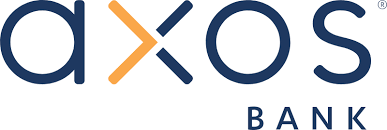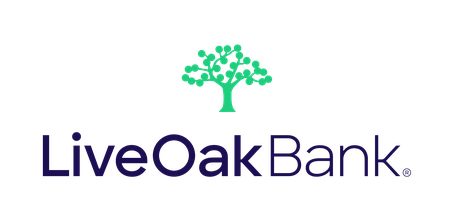Demand for small business banking is soaring, with 99% of American companies classified as small businesses, and 88% of those employing fewer than 20 people according to JP Morgan Chase Institute.
If you're a one-person business, you need access to some of the same business checking, savings, credit cards, funding and merchant services as larger businesses.
We have compiled a list of the best business banking options for sole proprietors based on common services most small business owners require.
Best Small Business Bank Accounts For Sole Proprietors
- $0 Minimum opening deposit
- Unlimited transactions
- Integrate account with Quickbooks
- $10 monthly maintenance fee, can be waived with average daily balance of $1,000.
- Member FDIC.
- There are no in-person branches
- Cash deposits are not accepted
- Only $50 opening deposit.
- New business owners get a $200 welcome bonus! (Use Code START200 on your application).
- Zero minimum monthly balance requirements.
- Unlimited domestic ATM fee reimbursements.
- No monthly fees or minimum balance requirements.
- Member FDIC.
- No third-party app integrations.
- To qualify for the welcome bonus, a $3,000 average daily balance must be maintained for the first four months.
Minimum Deposit
$0
Monthly Fee
$0
Overdraft Fee
$0
ATM Fees Reimbursed
Up to $7 per month
- $0 Minimum opening deposit.
- Integrates with top business tools, including QuickBooks, Xero, Stripe and Shopify.
- Unlimited fee-free transactions.
- Connections to thousands of business apps.
- Integrated payment services.
- No monthly fees or minimum balance requirements.
- Can’t deposit cash.
- Can’t send domestic or international wires.
Novo is not a bank, it's a fintech company. Your deposits are insured up to $250,000 through our partner bank, Middlesex Federal Savings, Member FDIC.
Minimum Deposit
$0
Monthly Fee
$0 for Standard Checking
Overdraft Fee
$0
APY
Up to 2.50% APY
- Earn up to 2.50% APY
- 0% cash back on card transactions2
- 1.50% same-day ACH payments
- $1.00 physical checks
- $20.00 domestic wire send
- Reimbursement for up to six third-party ATM fees
- Get instant deposits from Stripe, Amazon, PayPal, Square, Venmo, Cash App, and more
- North One Plus Checking has a $30 monthly fee.
- Can’t send or international wires.
What most small business banks require to open new accounts
It's convenient it is to open a business account online, you'll only need basic information that may include the following:
Personal information. Name, address, date of birth, Social Security number, and driver’s license or government-issued photo identification.
Business information. Business name, address, phone number and website, as well as your tax identification number (EIN or SSN for sole proprietors), business structure, industry, annual revenue, number of employees and years in business.
Business documentation. Articles of incorporation or other relevant business formation documents.
Six-Digit NAICS Code. This code is a unique identifier assigned to specific industries in North America under the North American Industry Classification System (NAICS).
Final takeaway
Having a separate business bank account is essential for small business owners to help streamline financial operations, enhances professional image, and protect personal assets.
A business bank account offers several benefits including:
Credibility. Small businesses appear more established when they have a business bank account. This can be crucial when interacting with clients, vendors, and partners.
Simplified Accounting and Tax Preparation. Separating your business finances makes it much easier to track income and expenses. This simplifies bookkeeping, tax preparation, and provides a clearer picture of your business's financial health. It can also help maximize tax deductions and avoid potential audits.
Liability Protection. Keeping your business finances separate can help protect your personal assets if your business faces legal or financial difficulties.
Building Business Credit. Establishing a business credit history is easier when you have a separate bank account. This can help you secure loans, credit lines, and better terms with vendors.
Expense Tracking. It becomes easier to identify deductible business expenses and accurately track your spending patterns. This can lead to significant savings during tax season.
Easier Financial Management. A separate account allows you to easily monitor cash flow, manage payroll, and track payments from clients. It helps you maintain a clear overview of your business finances.
Acceptance of Payments. Many clients and vendors prefer working with businesses that have a dedicated bank account. It provides a level of assurance and professionalism.
Avoiding Commingling Funds. Mixing personal and business expenses can lead to confusion and potential legal issues. A separate account prevents this and maintains a clear distinction between your personal and business finances.

















